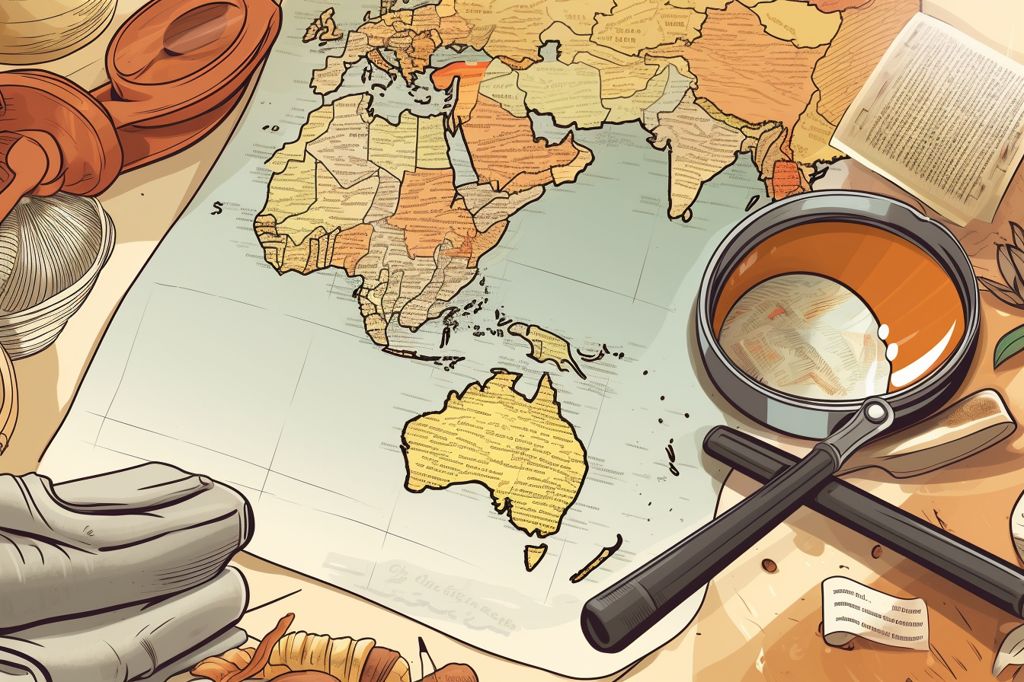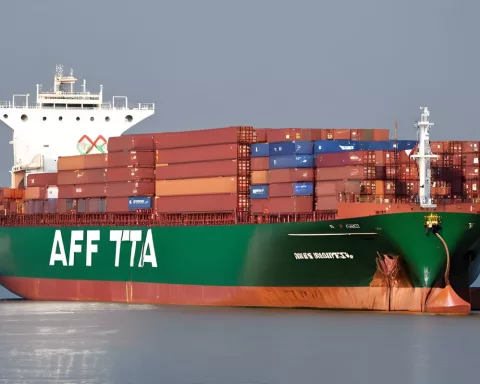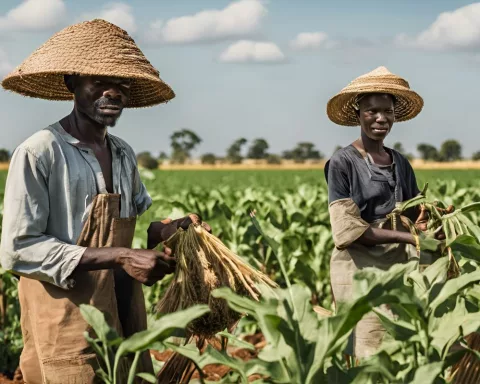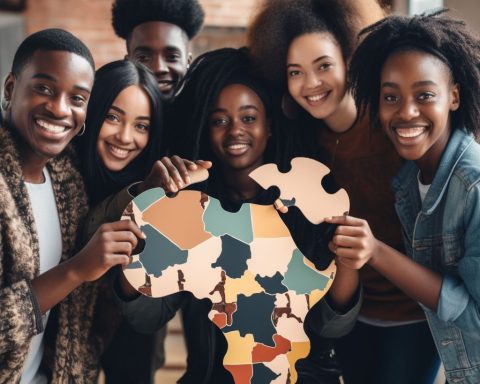The African Continental Free Trade Area (AfCFTA) has been making headlines and sparking interest among business communities across the African continent. The AfCFTA aims to boost intra-African trade by creating a single market for goods and services, free movement of people and investments, and eliminate tariffs among African Union (AU) member states.
The Provincial Workshop in KwaZulu-Natal
Recently, a provincial workshop was held in Durban, KwaZulu-Natal, where entrepreneurs and officials engaged in fruitful discussions about the opportunities and challenges that the AfCFTA presents. The private sector in KwaZulu-Natal, particularly small, micro, and medium enterprises (SMMEs), as well as women and youth-owned enterprises, expressed optimism about the potential benefits that the AfCFTA could bring to their businesses and export prospects.
Opportunities and Challenges
Several challenges were identified, such as the cost of doing business in Africa, competitiveness, excessive imports from China, lack of manufacturing support, and energy security. These issues were addressed and debated for government intervention and support.
Government Intervention
Mr. Calvin Phume, the Director of Africa Bilateral Economic Relations at the Department of Trade, Industry and Competition (the dtic), emphasized the importance of raising awareness and understanding of the AfCFTA among the private sector in KwaZulu-Natal during the workshop. The workshop served as an essential platform for dialogue and collaboration, enabling stakeholders to identify and address these challenges together.
Export Promotion
Claude Moodley, the Executive Manager of Export Promotion at Trade and Investment KwaZulu-Natal (TIKZN), highlighted the impressive growth of KwaZulu-Natal’s exports to Africa, which surged from R20.7 billion in 2020 to R51.8 billion in 2021. He pointed out that it is crucial for KwaZulu-Natal’s businesses to capitalize on the competitive advantages and other benefits that have always been at the core of their industries, considering the growth potential, rapidly developing economies, and expanding consumer base in Africa.
Benefits of Intra-African Trade
Moodley also stressed the spillover benefits of intra-African trade for the province’s businesses. Companies on the continent would gain from trade diversification, which enables countries to develop resilience to fluctuations in demand caused by economic downturns and price adjustments in importing nations.
The Future of AfCFTA
The AfCFTA has the potential to redefine trade and economic relations across Africa. As the AfCFTA progresses, it is essential to continue these dialogues and collaborations to ensure that the private sector, particularly SMMEs, women, and youth-owned enterprises, are well-equipped to navigate the challenges and opportunities that lie ahead. The spirit of collaboration, dialogue, and shared goals that permeated the KwaZulu-Natal workshop reflects the broader aspirations of the African continent in the context of the AfCFTA.












